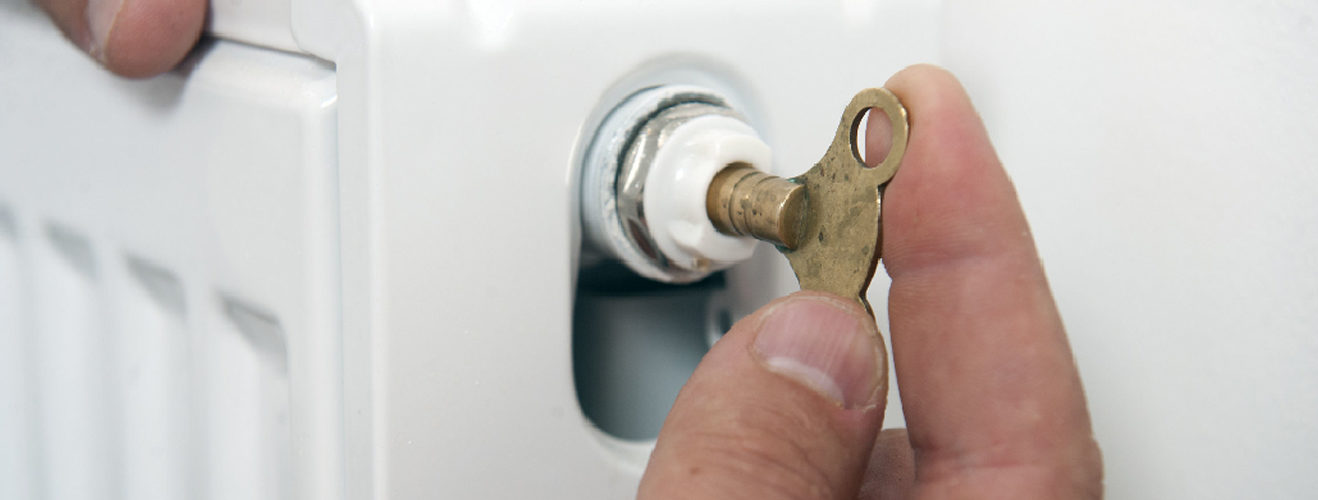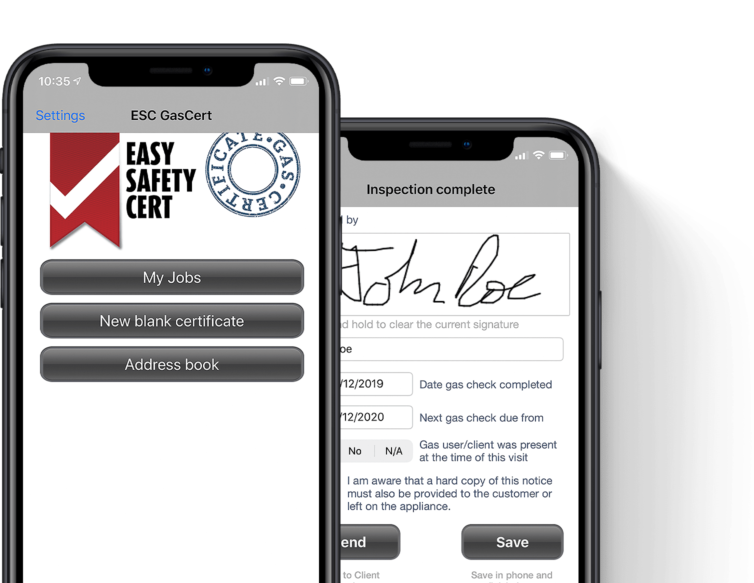Today’s guest post is courtesy of RA Heating & Plumbing
As a local plumbing and heating contractor, keeping on top of paperwork can be a real task unless you’re in the position to hire and administrative assistant. Which, let’s face it, unless your employing at least half a dozen employees, that’s not going to happen.
I’m always looking for ways to get ahead of the game and stay ahead of my local competitors and something that I have found helps is staying organised and having the ability to manage my diary better.
Fortunately, I’ve teamed up with the guys here at Easy Safety Cert to run through how I manage my workload, keep my customers informed and most importantly, stay ahead of my competitors and continue to gain enquiries for my services.
Take time to record your customer’s service records:
Let’s be honest, it’s 2017 and customers aren’t silly – they know that they need their heating systems inspected and serviced annually to make sure it remains in the best, and safest working condition.
However, recently I have noticed that some customers are guilty of not knowing when their boilers were last inspected and checked over. One thing that I have got into the habit of is making sure that I record my customer’s service records – whether that is through an app for gas engineers or through creating your own spreadsheet on a laptop.
Whatever works best for you; stick to it and work with it daily to make sure that your customers are aware of when their boiler needs to be checked. It doesn’t need to be anything too complex – just something that lists the following:
- The boiler (Manufacturer and Model)
- Last service date
- Customers name
- Customers address
- Customers contact details
- Notes section to detail any defects or repairs completed
I’d suggest contacting them at least 30 days prior to the last service date so that they’re aware. Your customer then has the opportunity to book in for its next service or contact you nearer the time.
Be as efficient as possible through email:
Being efficient as a self-employed plumber can be tricky, especially if you have multiple projects and installations on the go at the same time.
Thankfully, we live in an era where email is one of the most common ways to send receipts and paperwork to customers, no matter how big or small your company is. Although I can’t offer e-receipts, it is possible to send your customers copies of their gas safety certificates using applications and software.
It’s a great way to reduce the workload and paperwork management when you’re back in the office because you’re able to send it to them immediately. Using applications such as Easy Safety Cert – you’re able to forward instant copies of certificates, warning notices and reminders via email which can save you a lot of time in the process.
Remain professional and keep records of installations:
For an experienced gas installer like myself, annual landlord inspections and boiler services are like bread and better. New installations are the work that we really thrive on, so let’s not beat around the bush here; it pays more and helps settle the bills each month.
As a local installer, you’re going to get anywhere between six to ten new boiler installations a month, unless you’re able to throw a lot of money at marketing and growing your workforce.
When I get a lot of new installations in the diary, I like to be as organised as possible; whether that is for a quotation or the beginning of a new installation. Just as I do with the servicing records, I like to keep a track of what installations are coming up.
I use open source (free) software to help manage my workload such as Google Calendar – so long as you have a free Google account you’re able to use it. Whenever I put a new appointment in my diary I always allow for enough travel time between projects. From a customer’s perspective, if you say you’re going to be with them at 11am – they’re expecting you at 10:50am – you cannot be late.
When the installations are complete – note them down in a spreadsheet similar to how you would for servicing records. Remember to include the following to help you out:
- Installation date
- Make and model of boiler installed (including part numbers)
- Location of installation
- Customers name
- Customers address
- Customers contact information
- Warranty period
- Boiler manufacturer customer service contact numbers
Author Bio:
RA Heating and Plumbing is a plumber in Milton Keynes that provides new gas installations, regular servicing, repairs and everyday plumbing solutions.
Get the latest updates direct to your inbox




